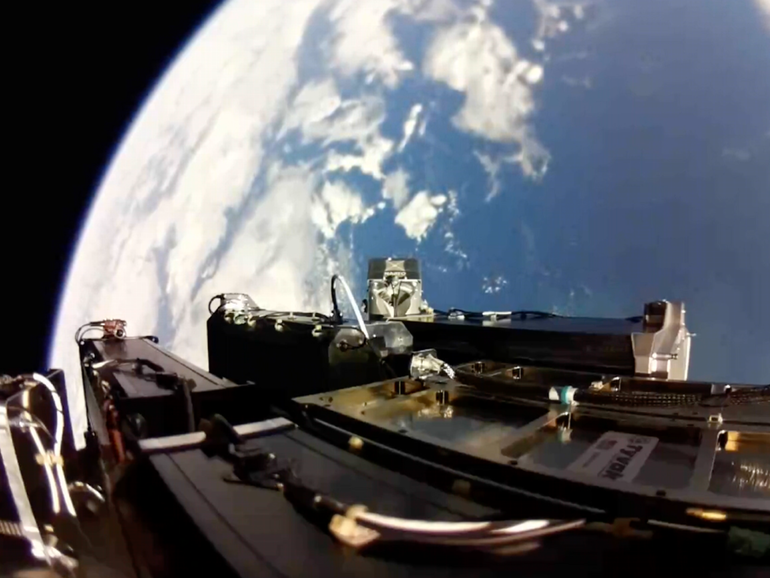The New South Wales government has charged the Australian Research Centre for Cubesats, Unscrewed Aerial Vehicles, and their Applications (CUAVA) with running project Waratah Seed, a space mission that will see the launch of a “ride-share” satellite into orbit and the testing of its functionality.
“This is a first — an Australian ride-share satellite, orbiting the earth 550km above us, that industry and researchers can use to test and prove the functionality of their tech — making getting started in the space industry more accessible and affordable,” Minister for Jobs, Investment, Tourism and Western Sydney Stuart Ayres said.
Project Waratah Seed is a part of the New South Wales government’s space qualification mission program, which was developed under its space industry development strategy that was launched in January 2020.
CUAVA is a consortium of NSW-based space organisations including Saber Astronautics, Delta-V, Macquarie University, University of Technology Sydney, and the University of New South Wales’ Australian Centre for Space Engineering Research.
The consortium is based within the University of Sydney, and is working on developing applications of cubeSats and UAVs for earth observations, GPS, satellite communications, and space weather purposes.
“Waratah Seed will be Australia’s first ride-share satellite — it will also be the first satellite funded by the NSW Government,” CUAVA director professor Iver Cairns said.
“The consortium is very excited to be working with the NSW Government on this project to build a vibrant, nation-leading space sector for NSW.”
The launch of project Waratah Seed follows the NSW’s launch of its first node of the SmartSat Cooperative Research Centre. At the time, the state government touted the node would help lead space-related research and industry collaboration through three different grant programs. These grants will be designed to fund the teaming up of industry and research, place industry staff within universities, and provide access to equipment, laboratory space, and research infrastructure.
On Tuesday, the state government also announced that e-invoicing would be mandatory for all government from 1 January 2022, which it hopes will result in faster payments when sending and receiving invoices to agencies within the NSW government.
The mandate will apply to the delivery of all good and services up the value of AU$1 million, the state government said.
Minister for Digital and Minister for Customer Service Victor Dominello boasted the mandate will reduce payment times, paperwork, and manual errors.
“There is an estimated shared saving of around AU$20 each time e-invoicing replaces a paper invoice and around AU$17 each time it replaces a pdf invoice,” he said.
“Based on the 4.2 million invoices across NSW Government in 2019, a shared saving between the suppliers and NSW government is estimated to be AU$71 million.”
An e-invoicing solution has been in place since last August within the NSW Department of Customer Service. MessageXchange was appointed to the task of implementing the solution, which involved creating a dedicated gateway between its cloud service and the Department of Customer Services’ SAP enterprise resource planning system to ensure that any invoice data received is correct the first time. The implementation followed an initial pilot in October 2019.
Elsewhere within NSW, the trial of cashless poker machines is set to kick off in September.
The trial will be led by Aristocrat Gaming and Wests Newcastle, and see cashless payments be rolled out for all club services, including gaming machines, at the Newcastle venue. The trial will also feature gambling measures including money limits, session time limits, information and real-time message to customers and marshals.
Dominello welcomed the trial saying it would help “combat the twin sins of money laundering and problem gambling, addressing the key concerns of the Bergin Inquiry”.
Customers will need to supply a proof of identity equivalent to 100 points and have their digital wallet linked to an Australian bank account.
Data safeguard features and privacy will be an “essential element” of the trial, the state government assured.



